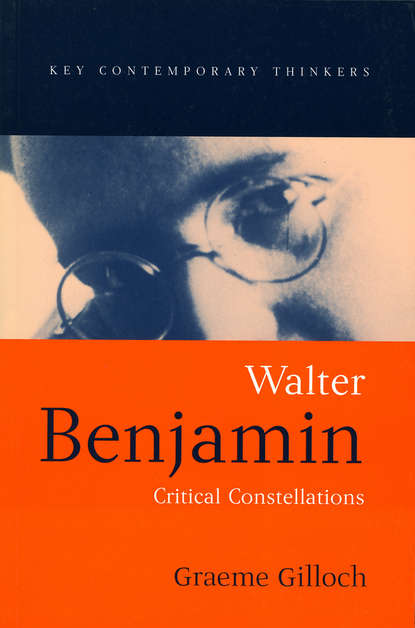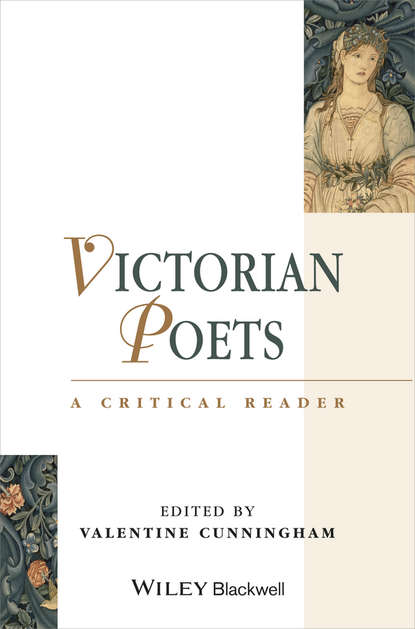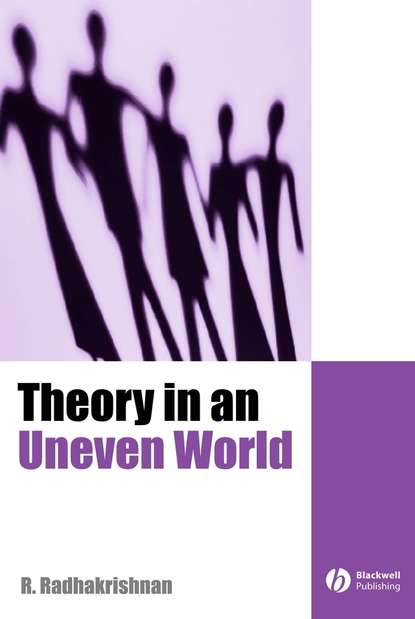Книга "Вальтер Беньямин" представляет собой ясное введение в творчество Вальтера Беньямина (1892-1940) через тщательное и чуткое изучение не только его основных работ, но и менее известных эссе и фрагментов. Труды Беньямина широко признаны одними из самых оригинальных и провокационных произведений критической мысли XX века и являются обязательным чтением для ученых и студентов в различных академических дисциплинах. Автор книги, Гиллох, предлагает оригинальную интерпретацию и новые идеи относительно связей между всегда требовательными и, казалось бы, разрозненными текстами Беньямина. Книга Гиллоха будет особенно интересна студентам и ученым в социальной теории, литературной теории, культурных и медиа исследованиях и городских исследованиях, которые ищут искушенный, но понятный обзор творчества Беньямина. Она также будет полезна для тех, кто уже хорошо знаком с мыслью Беньямина.
Walter Benjamin is seen as one of the most original thinkers of the twentieth century, though he is not well known outside of academia. This collection seeks to introduce his works by close reading both of his famous theories, as well as those that are perhaps less well-known. Gilloch provides insightful commentary on each of these texts, allowing the reader to appreciate both the continuity and difference between them.
Электронная Книга «Walter Benjamin» написана автором Группа авторов в году.
Минимальный возраст читателя: 0
Язык: Английский
ISBN: 9780745677224
Описание книги от Группа авторов
The works of Walter Benjamin (1892-1940) are widely acclaimed as being among the most original and provocative writings of twentieth-century critical thought, and have become required reading for scholars and students in a range of academic disciplines. This book provides a lucid introduction to Benjamin's oeuvre through a close and sensitive reading not only of his major studies, but also of some of his less familiar essays and fragments. Gilloch offers an original interpretation of, and fresh insights into, the continuities between Benjamin's always demanding and seemingly disparate texts. Gilloch's book will be of particular interest to students and scholars in social theory, literary theory, cultural and media studies and urban studies who are seeking a sophisticated yet readable overview of Benjamin's work. It will also prove rewarding reading for those already well-versed in Benjaminian thought.



















